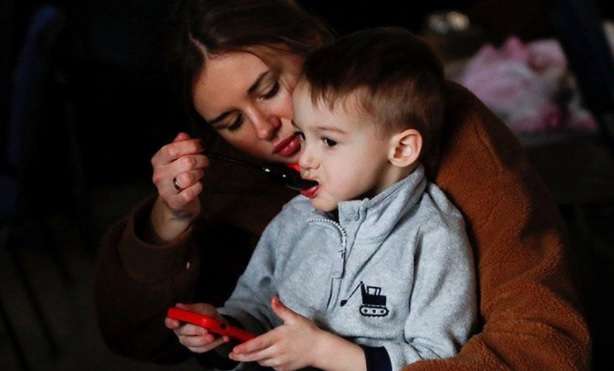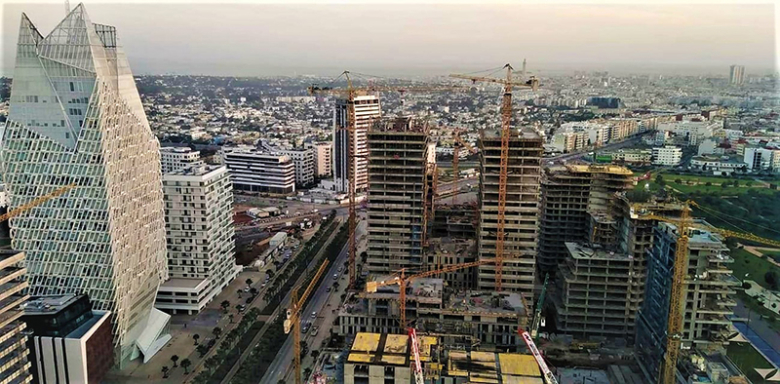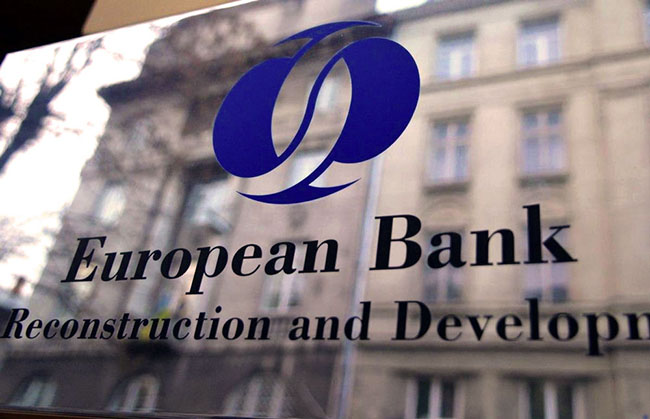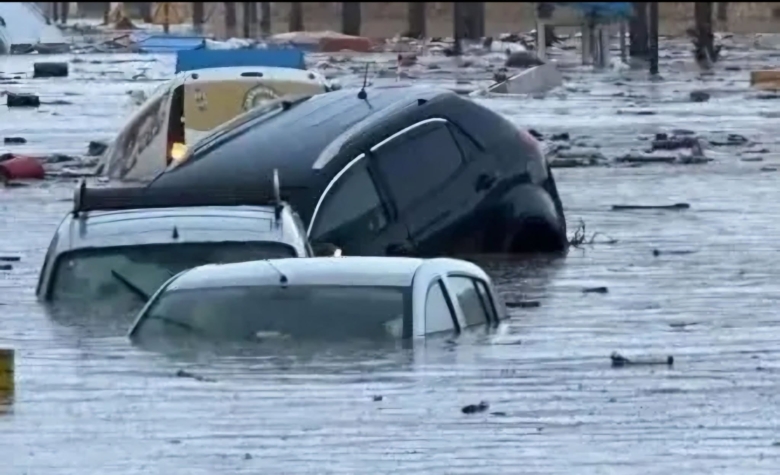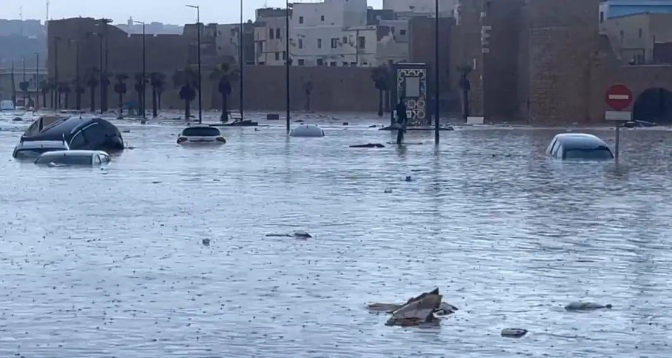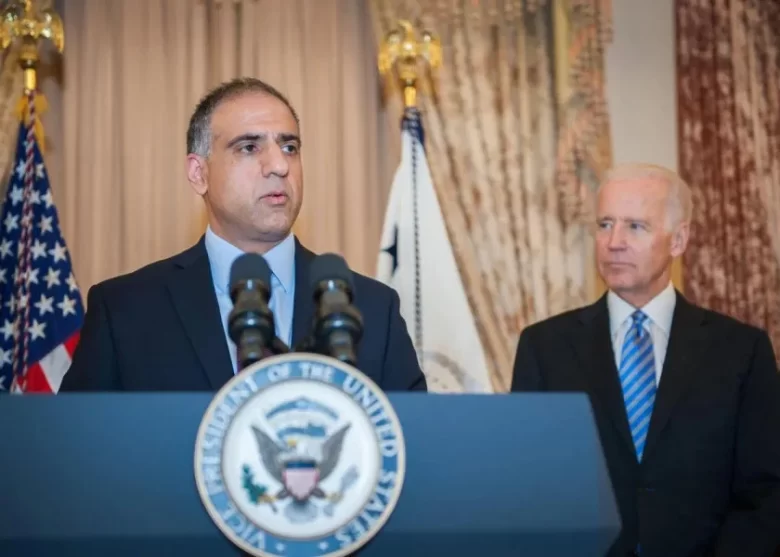The government is to make it easier for Ukrainian refugees to come to the UK, via two visa schemes.
It follows criticism that the UK has allowed too few refugees to enter, and made the process too difficult, in comparison with other European countries.
What are the new schemes?
Family visa scheme
The family visa scheme is for Ukrainians who have an immediate or extended family member in the UK.
That family member must have British nationality, indefinite leave to remain in the UK, settled status or proof of permanent residence.
It was launched earlier this month, and has now been extended after criticism that it excluded some family members.
Ukrainian refugees are advised to apply at a Visa Application Centre (VAC) in countries including Poland, Romania, Hungary and Moldova, where they need to provide biometric information, such as fingerprints.
Applications from refugees who have a Ukrainian passport can now be made entirely online. They will need to provide biometric information once they arrive in the UK.
Sponsorship scheme
The "Homes for Ukraine" scheme lets people in the UK host Ukrainians refugees who are known to them, but who do not have family ties here.
It was launched on 14 March, and more than 100,000 people and organisations signed up within the first day.
Under the scheme, people are asked to offer Ukrainians a rent-free space in their home or a separate residence for at least six months. They will not be expected to provide food and living expenses but can choose to do so.
Those offering to host a refugee will be vetted by the government and Ukrainian applicants will undergo security checks.
Each household housing a refugee will be offered £350 a month, tax-free, for up to 12 months.
Local authorities will also receive £10,500 in extra funding per refugee for support services, with more for children of school age.
Why has the government's response been criticised?
The Home Office has been accused of a chaotic response to what has been a fast-developing situation.
About three million people have fled Ukraine since the Russian invasion, but - as of 15 March - only 5,500 UK visas had been issued.
In contrast, EU countries are allowing Ukrainian refugees in for up to three years without a visa.
On 26 February, Home Office minister Kevin Foster was widely criticised after highlighting the government's Seasonal Worker visa, which allows people to apply to come to the UK to pick fruit and vegetables.
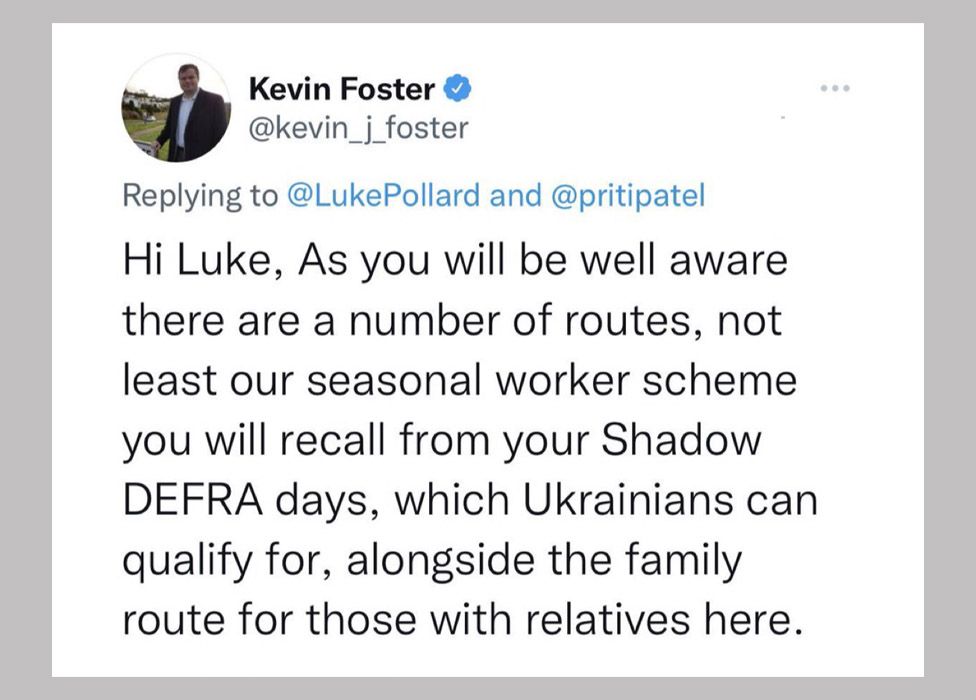
His tweet was subsequently deleted.
There have been complaints that the UK visa process is too complicated - one British man told the BBC it had taken 72 hours to get a visa for his Ukrainian step-daughter, who had fled to Romania.
There have also been reports of refugees who have got as far as Calais, before being turned away by Border Force officials for not having the right paperwork.
On 7 March, Home Secretary Priti Patel told MPs "we have set up a bespoke VAC en route to Calais". But the Home Office did not confirm that this was the case.
The government then announced that it wanted "to establish a presence in Lille" - around 70 miles away from Calais.
The Home Office said it would deal with "a limited number of cases" - referred to it by Border Force officials - and advised applicants not to travel there.
Will the UK lift visa rules for Ukrainian refugees?
The government has faced pressure - including from some Conservative MPs - to issue emergency visas or lift visa requirements altogether for Ukrainian refugees.
Home Secretary Priti Patel has ruled this out, insisting that "security and biometric checks" were vital to keep British citizens safe.
The government also says that some people in Calais claiming to be Ukrainians have presented false documents.
Boris Johnson has defended the current visa rules, saying: "People want us to be generous but also careful."
He has also repeatedly talked about the government's "proud record" on refugees since 2015, telling MPs "we've done more to resettle vulnerable people than any other European country since 2015".
However, this only refers to one specific category - "resettled refugees". Other European countries have taken in larger numbers of refugees in general.
Source: BBC

